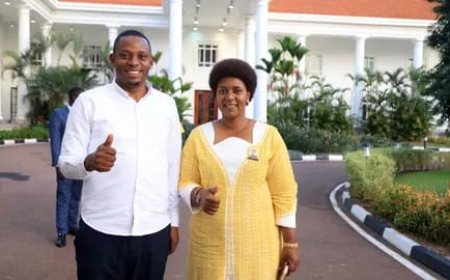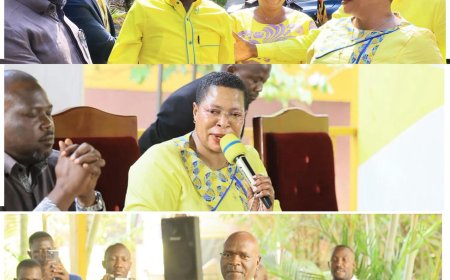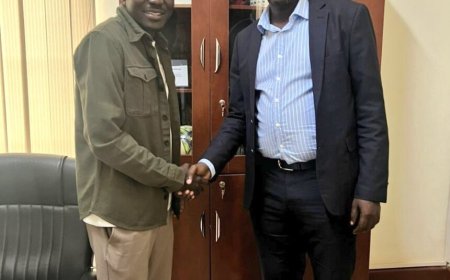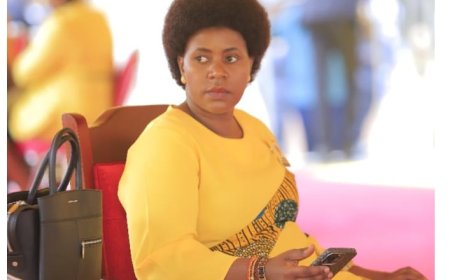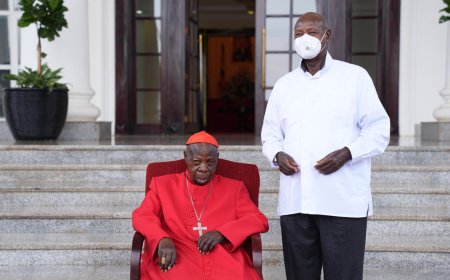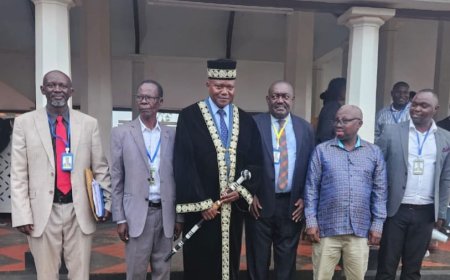Electricity Access Booms as UEDCL Cuts Losses, Adds Over 640,000 Customers
According to Mr. Mwesigwa, the number of electricity connections has risen from 1,782,085 to 2,430,489 in the short period since the government assumed direct management of the utility. He described the surge as evidence of increased efficiency and a clear sign of improved public trust in the sector.
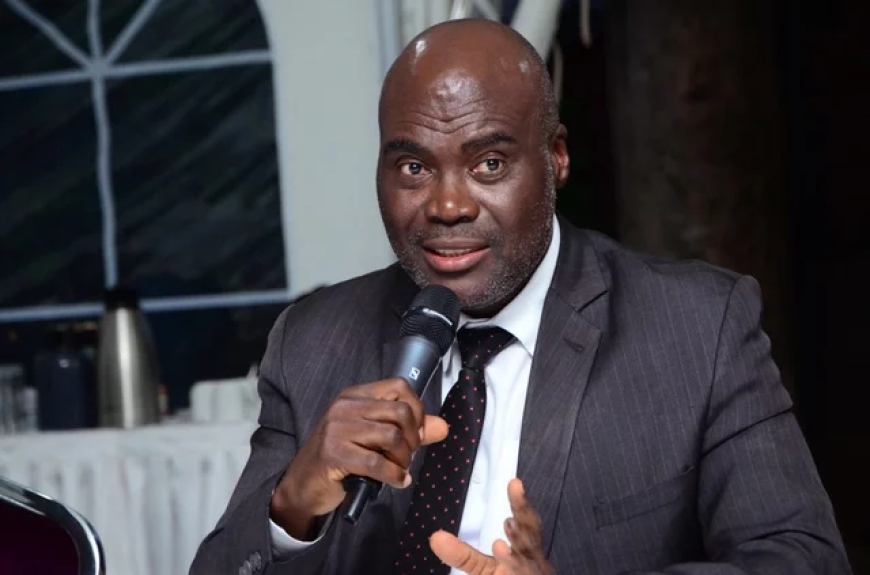
The Uganda Electricity Distribution Company Limited (UEDCL) has announced a major milestone, registering over 640,000 new electricity connections within just six months since taking over from Umeme in April 2025.
UEDCL Managing Director, Mr. Paul Mwesigwa, revealed the figures on Tuesday, September 16, 2025, during a weekly session convened by the State House Investors’ Protection Unit (SHIPU), a platform that brings together heads of government agencies to share progress and address challenges in service delivery.
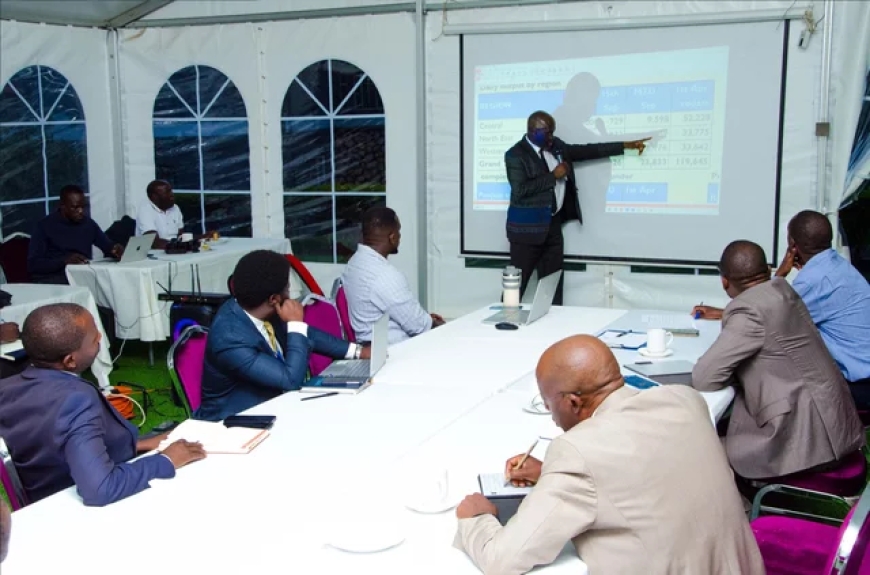
According to Mr. Mwesigwa, the number of electricity connections has risen from 1,782,085 to 2,430,489 in the short period since the government assumed direct management of the utility. He described the surge as evidence of increased efficiency and a clear sign of improved public trust in the sector.
Growth in Access and Capacity
In addition to new customer connections, grid-connected households have grown from 1,687,267 to 2,327,898, showing a significant expansion in coverage. UEDCL’s operational footprint has also expanded, with the national grid length increasing from 3,431 kilometers to 5,140 kilometers in just half a year.
Uganda’s installed generation capacity has equally risen, jumping from 1,362 megawatts to 2,049 megawatts, strengthening the country’s ability to meet growing demand. Energy losses, a long-standing challenge in the distribution sector, have been reduced from 19.1% to 16.8%.
“The government took a fundamental decision to take over all the privately operated concessionaires,” Mr. Mwesigwa said. “That is a fundamental achievement; in that regard, the government has actually scored very well.”
UEDCL Praised for Swift Takeover
The SHIPU meeting, now in its fifth edition, was chaired by Mr. Patrick Birungi, Executive Director of the Uganda Development Corporation (UDC). Several leaders from key government institutions attended, including Mr. Benson Turamye, Executive Director of the Public Procurement and Disposal of Public Assets Authority (PPDA), Prof. Bruce Kirenga from Makerere College of Health Sciences, and Mr. Desmond Tutu Opio, representing the Uganda Energy Credit Capitalisation Company (UECCC).
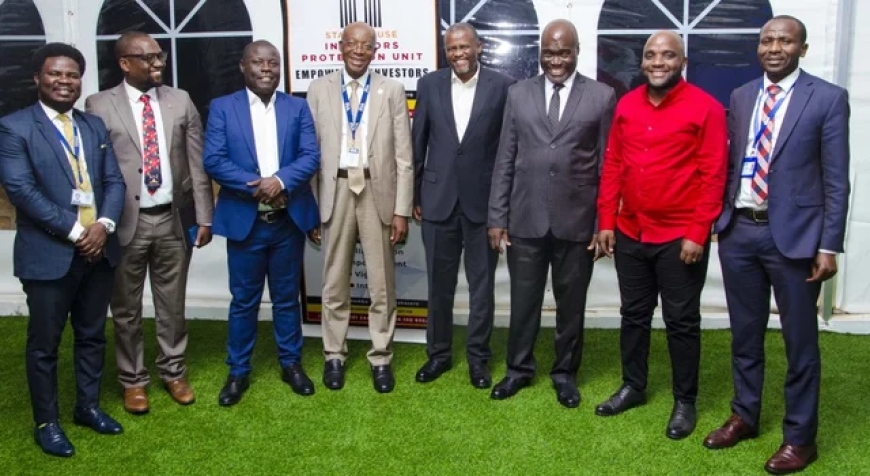
PPDA’s Turamye commended UEDCL’s efficiency, while Mr. Kule Walid, Assistant Commissioner at the Uganda Registration Services Bureau, praised the quick and smooth takeover, describing the results as “encouraging and worthy of national publicity.”
Energy Access and Renewable Push
Mr. Opio, representing UECCC, highlighted ongoing efforts to reduce Uganda’s reliance on biomass for cooking, aiming to cut its share from 86% in FY2018/19 to 50% by 2025. Through the Energy Access Scale-up Project (EASP), UECCC has deployed over UGX 134 billion in subsidies to support renewable energy adoption.
Achievements to date include distribution of 20,200 solar lanterns, 306,000 home systems, 1,190 solar-powered water pumps, 277 solar-powered refrigerators, and 307 carbonised biomass cookstoves in rural areas such as Mayuge and Pakwach.
Addressing Persistent Challenges
While celebrating UEDCL’s achievements, participants also noted challenges. Vandalism of infrastructure, particularly in rural areas, was flagged as a major barrier to reliable electricity access. “It is a takeaway that needs follow-up,” PPDA’s Turamye stressed.
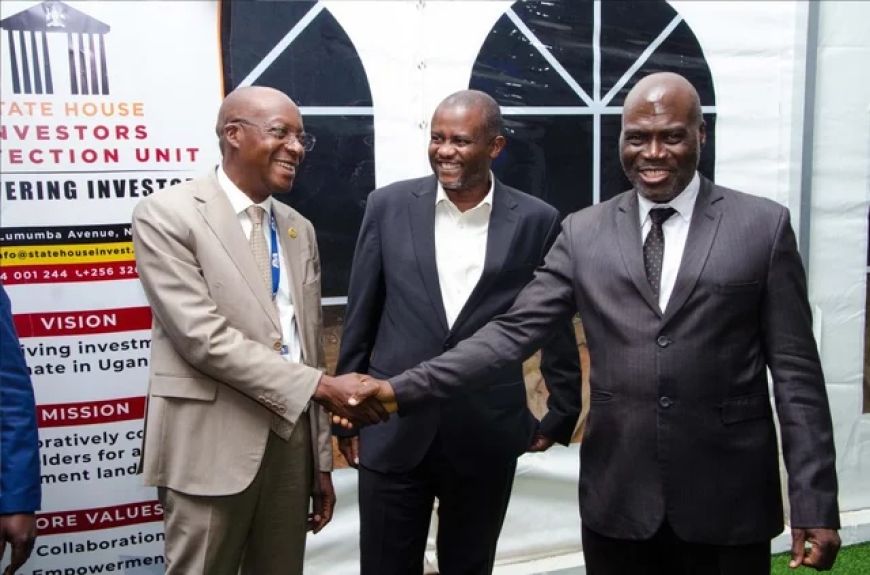
The meeting concluded with calls for intensified public communication of government achievements. Chairperson Birungi revealed plans for broader dissemination through television, radio, newspapers, and digital platforms. He announced upcoming economic forums on NBS TV and NTV, along with a partnership with New Vision and plans for features on UBC, aimed at increasing visibility of Uganda’s development gains.
UEDCL’s rapid gains since the Umeme takeover signal a shift in Uganda’s power distribution landscape. With reduced losses, expanded coverage, and rising generation capacity, the government’s direct control appears to be paying dividends. However, sustaining this momentum will require addressing infrastructure vandalism, boosting renewable energy adoption, and ensuring consistent public awareness of progress.
